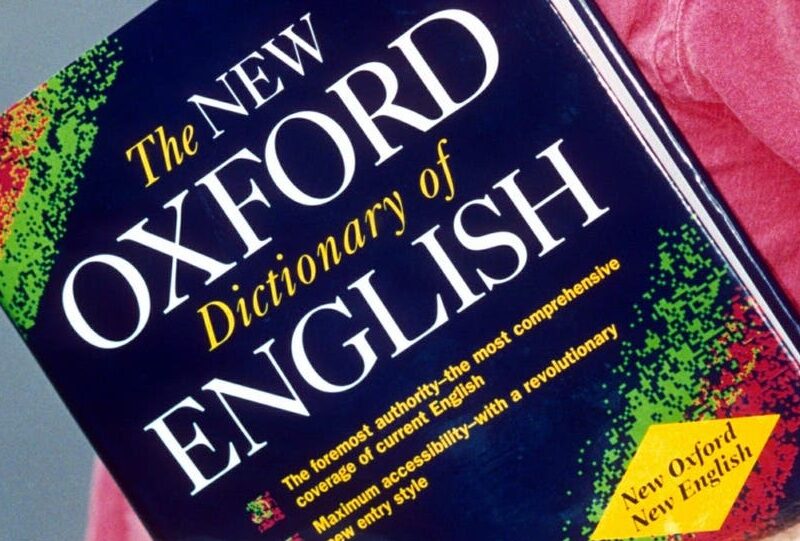
English Can Be Weird
Everyone mixes up words and phrases from time to time, particularly in the English language, which, over the centuries, has incorporated so many other dialects from around the globe. However, here are a few tips on some of the most common blunders, especially in writing, where the incorrect use of homonyms (words that sound identical by have a different meaning depending on the spelling) can undermine your reputation for verbal intelligence!
Affect vs. Effect
Most of the time, you can think of affect as a verb and effect as a noun. How do you keep it straight?
Affect (with an A) is an Action (meaning “to influence” not “to cause.”)
- “Positive beliefs can affect the healing time of medical patients.”
- Another meaning of affect as a verb is “to put on an exaggerated display,” as in “affecting an air of sophistication.”
Effect (with an E) is an End Result.
- “The effect of her singing off-key was apparent on people’s faces.”
- Other uses of effect as a noun include possessions (i.e; “your personal effects.”) and visual or audio enhancements (i.e; “special effects”)
Simple, right? Except that these two words have a few other meanings to clutter our memory banks.
- Affect can also be a noun, but the pronunciation is different with the emphasis on the first syllable (Ay’-fect). In this use, it refers to an emotional or physical condition. (i.e; “A stoic affect can be a by-product of this medication.”)
- Effect can be a verb meaning “to create,” as in “I’m eager to effect change in this organization.”
Fewer vs. Less
- Fewer typically refers to a group of individual things that you can count one by one. For example, “there are fewer people in that line.”
- Less refers to a volume or amount of a single item. For example, “There is less water in that glass.”
- A possibly confusing exception is the use of fewer vs. less when it comes to time and money, but the same rules still apply – we can have “less time and less money” … or “fewer hours and fewer dollars.”
Principle vs. Principal
Principle is always a noun. It means a rule, theory, dogma, code, doctrine, belief or law.
Principal can be an adjective or a noun.
- As an adjective, it means first, primary or main; for example, “the principal reason that I’m interested in this topic is…” The part of your mortgage that isn’t interest (i.e; the “main” part of the loan) is also known as the principal.
- As a noun, principal can be a job title, as in a “principal architect” or the principal of a school. One tip for remembering this is to think of the person whose title is principal as your “pal.”
Appraise vs. Apprise
Although these two words have very similar spellings, they have very separate meanings.
- Appraise means to ascertain the value of something. “He appraised the jewels.”
- Apprise means to inform, as in: “Please keep me apprised.”
Disinterested vs. Uninterested
- Disinterested means unbiased. “The dispute should be resolved by a disinterested judge.”
- Uninterested means apathetic, unconcerned or aloof. “Why are you so uninterested in that topic?
Flesh out vs. Flush out
- To “flesh out” something means to give it substance or make it complete. You “flesh out” an idea to develop it further. Think of it as adding more flesh to the bone.
- To “flush out” something is to cause it to leave its hiding place. You “flush out” a rabbit from the hedges or a criminal from his hiding place.
Fortuitous vs. Fortunate
- Fortunate means good. “It was fortunate I had a money set aside for emergencies.”
- Fortuitous means coincidental or unplanned, therefore a fortuitous event can be either good or bad. “Arriving in town on that date was fortuitous.”
- A tip: Because fortunate refers strictly to good things, it has an opposite, i.e., “unfortunate.” Fortuitous can be both good and bad, so “unfortuitous” doesn’t exist.
Hone vs. Home
- To hone means to sharpen, as in: “She honed her writing skills.”
- To home means to get closer to something (a location, an idea, etc.) “We’re homing in on a solution.” The phrase comes from the old use of homing pigeons.
Irrespective vs. Irregardless
- Irrespective is the word to use when you mean “regardless of.”
- Irregardless is a double-negative and does not exist.
Toe vs. Tow
- Toeing the line is about teetering on the edge of the line so closely that you’re near to stepping over it.
- You don’t tow the line (unless you’re a tugboat captain).
Keep in mind there are tools at your disposal to help you out. Strunk and White’s Elements of Style is a classic reference. Some of the rules are pretty strict and traditional, but it’s wonderful, witty and easy to use. Likewise, the website Brians Common Errors in English Usage is a wonderful compilation of common errors in English usage developed by Paul Brians, Professor Emeritus of English at Washington State University.
In fact, the English language can be weird, but it doesn’t have to be confusing or overwhelming. The best way to sharpen your writing sword – or keyboard – is through practice. The more you familiarize yourself with these words and phrases, the less confusing they will eventually become.